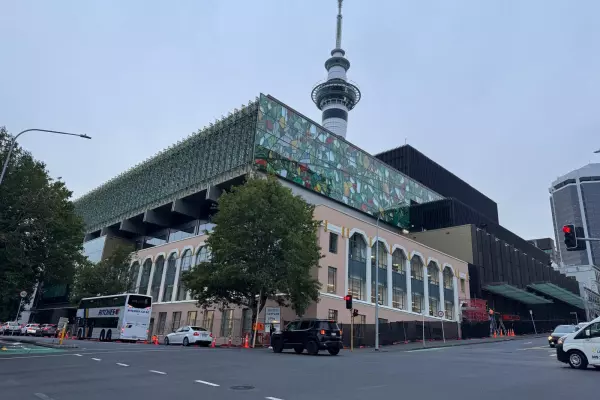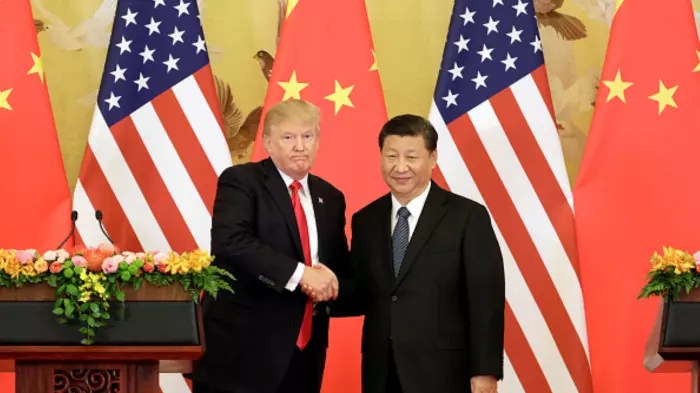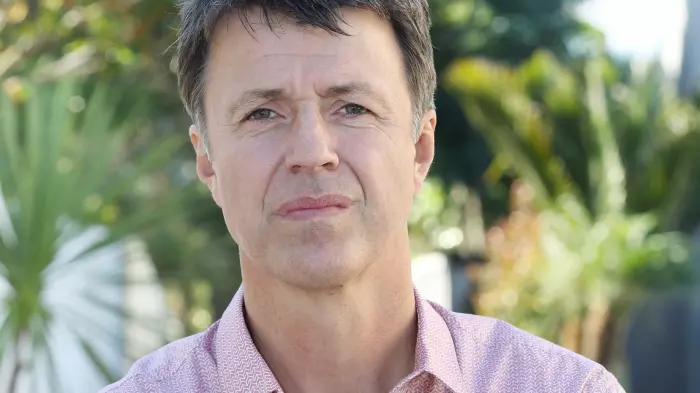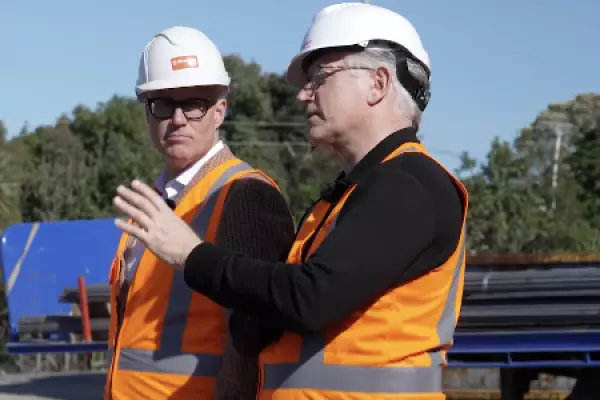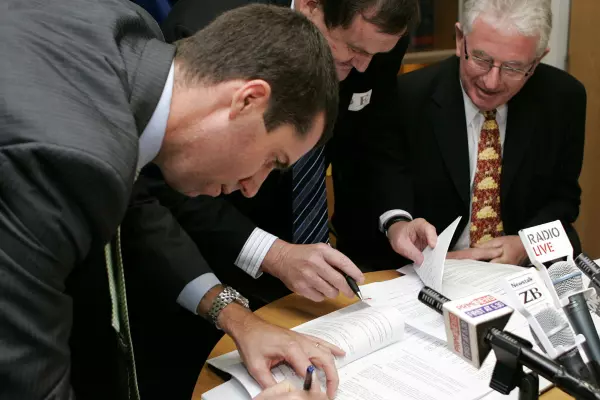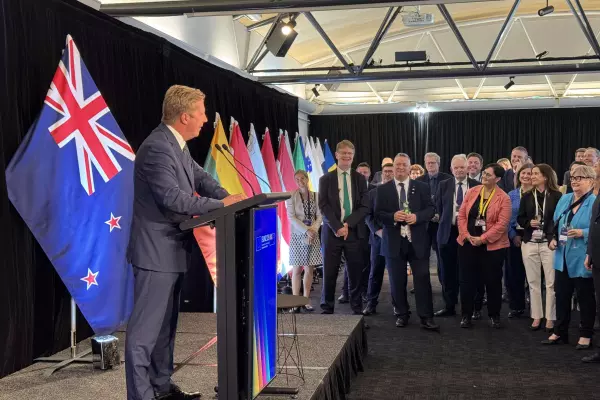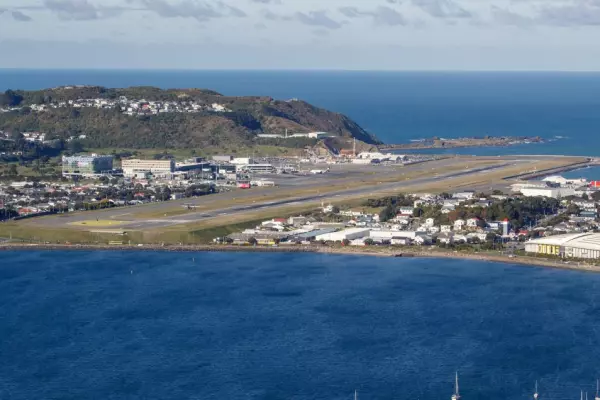Watercare has given contractors until Sept 8 to pitch for a $3.5 billion pipeline of work to replace its water and wastewater pipes and to upgrade its pump and treatment plants.
It's releasing the request for proposals for the first five-year programme on Friday rather than going through a traditional tender process.
The upgrades and pipe network replacement are part of a 20-year asset plan which will see the Auckland council-owned business spend $18.5b by 2041.
The latest programme will also allocate at least $175 million of that to Māori businesses, aligning with its target spend of 5% by 2025.
To that end, it says it has set up a Māori supplier network to connect contractors to businesses to outsource the work and push up its current project spending with Māori-owned businesses from 2.2%.
That netted those businesses $22.8m from project spending of just over $1b for the 12 months to March 2023.
Its largest contract is with Ghella Abergeldie JV, an Italian/Australian joint venture working on the central interceptor wastewater tunnel on which it was billed $203.9m.
The tunnel, costed at $1.2b, is scheduled for completion in 2026.
Other main project recipients included Fulton Hogan, which was paid $111.1m, Fletcher Construction at $91.2m, and Downer NZ, which received $42.5m.
Watercare general manager of asset renewals and upgrades, Suzanne Lucas, said three-quarters of the spending would go to replacing the city's water and wastewater network pipes.
Lucas said that while it was a big investment, it would reduce spending on reactive maintenance work from fewer pipe breaks.
“It also means that with a confirmed forward works programme, it’s easier for us to plan and coordinate work with other agencies so we can minimise disruption by only digging up a street once.”
Watercare's head of supply chain, Stuart Bird, said adopting a partnership approach meant providing certainty of a forward works programme, allowing the contractors to invest in people and technology.
Watercare said it hopes to be awarding contracts before Christmas.
(This story has been corrected to reflect that the $175 million allocated to Māori businesses is not an annual number).









